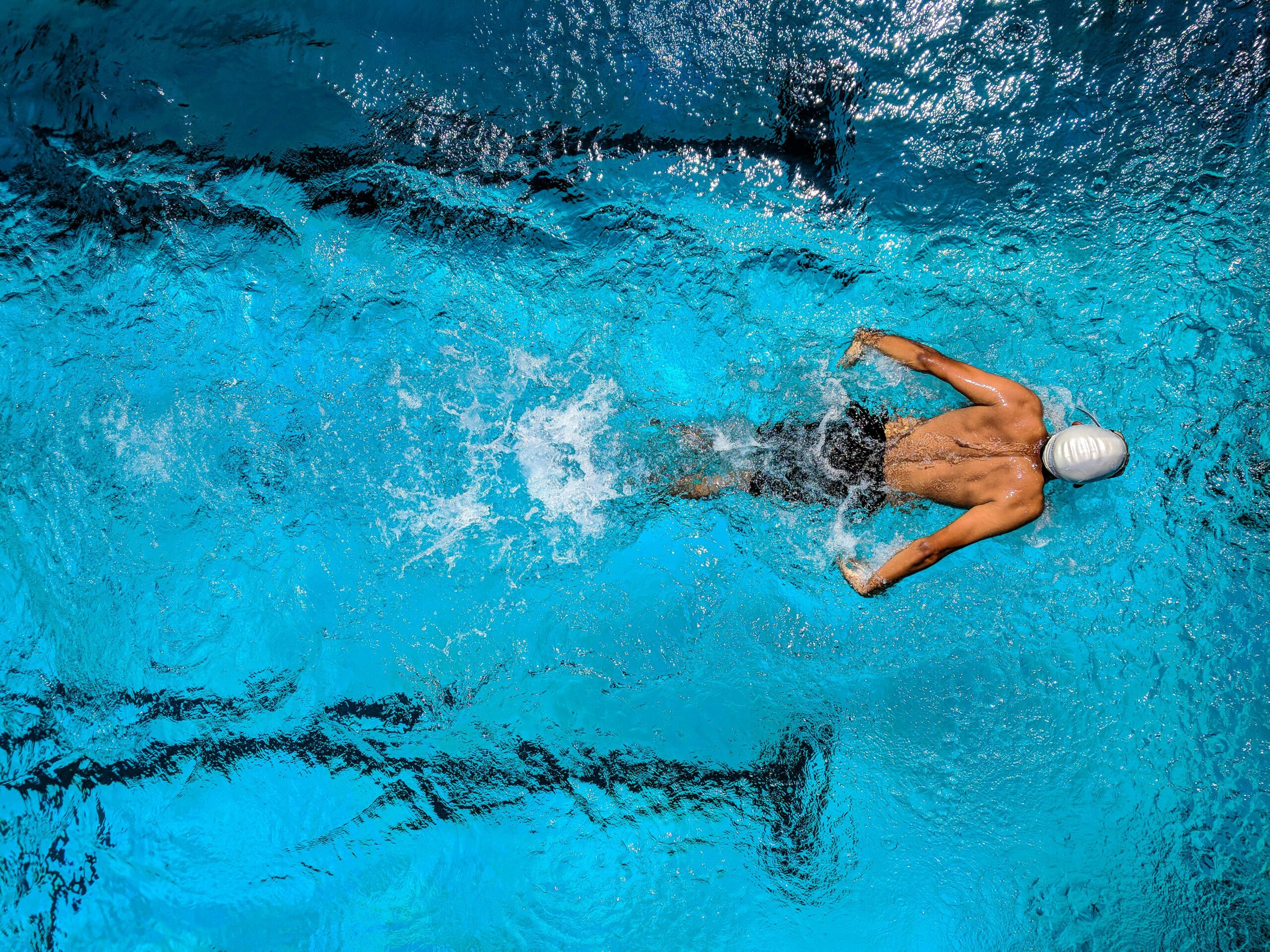one-on-one coaching for focus, confidence, and mental resilience
We offer individualized, one-on-one coaching designed to help athletes at all levels build laser focus, unshakeable confidence, and robust mental resilience. The program is evidence-informed, outcome-driven, and tailored to your sport, competition schedule, and personal goals.
Who this service is for?
- Elite athletes preparing for high-stakes competitions
- Collegiate, professional, or semi-professional players
- Youth, collegiate, or adult athletes seeking steady performance improvements
- Coaches or multi-sport athletes looking to optimize mental preparation alongside technical skills
- Individuals recovering from performance setbacks or credentialing gaps (e.g., pre-season jitters, post-injury anxiety)
Coaching framework and structure
1) Initial assessment and goal setting (1–2 sessions)
- -Comprehensive intake: performance history, current mindset, stressors, routines, sleep, nutrition, and injury status (if applicable).
- -Define SMART performance goals (Specific, Measurable, Achievable, Relevant, Time-bound) and align them with competition calendars.
Baseline measures:
- -Focus and concentration profile
- -Confidence self-checks (situational and general)
- -Resilience & coping style inventory
- -Pre-performance routines and routines under pressure
Alignment on coaching contract: session cadence, communication preferences, confidentiality, and success metrics.
2) Individualized Mental Skills Training Plan (MSP)
A customized plan targeting:
Focus and attention control
- -Techniques for sustained concentration, cueing, and resetting attention
- -Narrowing attention to task-relevant cues during practice and competition
Confidence building
- -Self-talk strategies, mastery experiences, and positive performance cueing
- -Managing repertoire of pre-shot/pre-performance routines
Mental resilience
- -Stress inoculation, coping strategies, and recovery routines
- -Reframing setbacks as learning opportunities
Goal alignment and motivation
- -Process-oriented goals that drive consistency
- -Balancing intrinsic and extrinsic motivation factors
Impulse control and decision-making under pressure
- -Quick decision frameworks and attitude shaping
Sleep, recovery, and energy management
- -Sleep hygiene, circadian alignment, and micro-break planning
3) Skill-Specific Mental Training Modules
Modules can be selected and sequenced based on sport, role, and competition schedule:
- -Focus mastery: attention control drills, cue-based focus shifts, and distraction management
- -Confidence calibration: performance imagery, self-talk scripts, and real-time confidence checks
- -Resilience and stress tolerance: controlled exposure, stress inoculation, relaxation responses
- -Pre-Performance routines: standardized routines tailored to sport and position
- -In-Play Mental Strategies: maintaining composure, momentum management, and refocusing after errors
- -Recovery and reset: post-performance reflection, journaling, and micro-recovery techniques
4) Practice integration and habit formation
Weekly practice integration plans to move mental skills from theory to routine
“If-Then” plans to automate responses to common triggers (e.g., “If I miss a shot, then I will reset with two deep breaths and a 5-second routine.”)
Habit stacking: attaching new mental skills to existing routines (training days, travel days, or competition days)
5) Real-time support and on-call access
- -Availability for brief check-ins via secure messaging during high-stress blocks (e.g., tournament weekends)
- -Optional on-site or virtual “spot coaching” during key events for live performance adjustments
- -Quick-response tools (templated prompts, cue sheets, and practice drills) to use between sessions
6) Monitoring, feedback, and adaptation
- -Regular progress reviews with objective and subjective metrics
- -Adjustments to MSP based on feedback, performance data, and changing competition demands
- -Periodic reassessment using the same baseline measures to track growth and refine goals
Coaching cadence and session formats
- -Initial evaluation session: 60–90 minutes (comprehensive intake and goal setting)
- -Core coaching phase: 60-minute sessions every 1–2 weeks (adjustable)
- -Maintenance and upgrade phase: 30–45-minute check-ins monthly, plus as-needed boosters around major events
- -Optional: 2–4-day intensives or workshops for team or position-specific mental skills
- -Delivery options: in-person, video conferencing, or hybrid (depending on location and preference)
Tools, methods, and evidence-based practices
- -Psychological skills training (PST) components: imagery, arousal regulation, self-talk, goal setting, and concentration control
- -Cognitive-behavioral strategies: cognitive restructuring to reframe negative thoughts, coping planning, and problem-solving
- -Mindfulness and acceptance-based approaches: present-moment focus, nonjudgmental awareness, and acceptance of thoughts/emotions
- -Performance profiling: baseline and progress tracking using validated scales (e.g., focus/anxiety scales, confidence ratings, resilience measures)
- -Imagery and visualization: vivid multisensory rehearsal for skill execution and high-pressure scenarios
- -Sleep and recovery coaching: sleep routines, nap strategies, and circadian alignment
- -Journaling and self-monitoring: daily logs to capture triggers, responses, and progress
Deliverables you will receive
- -A personalized MSP (Mental Skills Plan) document outlining goals, techniques, and practice schedules
- -Customized cue sheets, pre-performance routines, and self-talk banks
- -Short and long-term action steps with clear accountability measures
- -Progress dashboards with weekly check-ins and milestone reviews
- -Access to curated top-tier resources (articles, exercises, and video demonstrations)
What success looks like.
- -Improved focus: quicker refocusing when disrupted and maintained attention during critical moments
- -Increased confidence: consistent performance beliefs supported by mastery experiences and positive self-talk
- -Enhanced resilience: effective coping with errors, slumps, and high-pressure environments
- -Sustainable routines: robust habits that persist beyond coaching engagement
- -Measurable outcomes: objective indicators (e.g., improved concentration scores in practice, reduced pre-competition anxiety, goal attainment rates)
Pricing and logistics (typical ranges)
- -Individual coaching package (8–12 weeks): includes initial assessment, MSP, biweekly sessions, and ongoing email support
- -Short-term tune-ups (4 weeks): for athletes seeking focused improvement before a major event
- -Extended programs (6 months): for long-term development and performance longevity
- -Fees vary by region, sport, and level of service. I’m happy to provide a transparent quote after a brief intake call.
What I need from you to get started
- -Your sport, level, and typical competition schedule
- -Current performance goals and timelines
- -Any past mental skills training or strategies you’ve used
- -Access to any relevant performance data or videos (optional but helpful)
- -Your preferred session format (in-person vs. virtual) and availability
